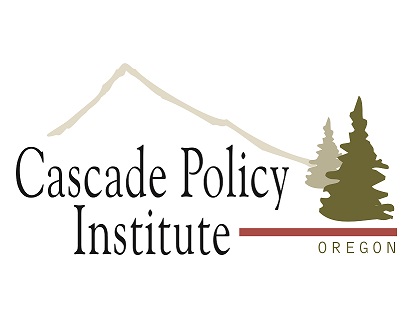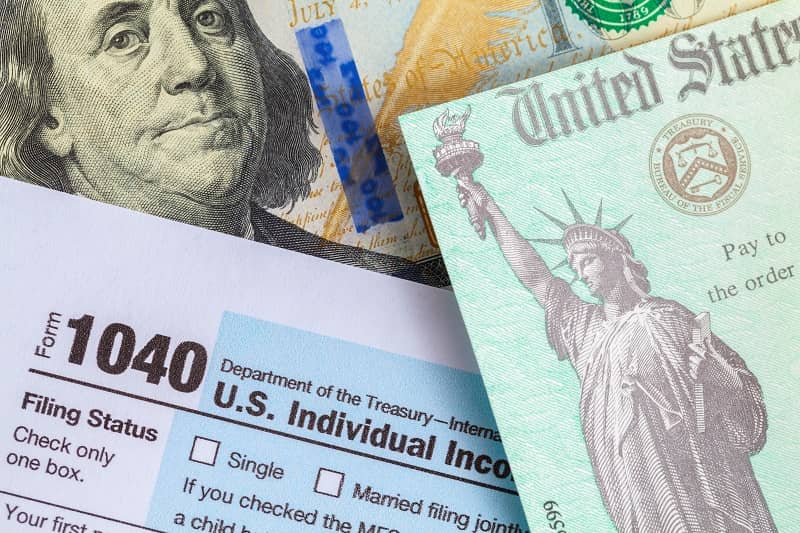Everybody can recall that one teacher who made a life-changing impression on them. For some it happened in grade school; for others, college. One individual, however, managed to influence individuals not only in the halls of academe, but in magazines, newspapers, television channels, the U.S. Congress, and even the White House. And still, after his passing, he is changing the world. On July 31, people across the world are celebrating “Friedman Legacy Day” on what would have been Milton Friedman’s 101st birthday. 144 local events have been planned, including 90 in the U.S. and 54 in 25 countries.
Milton Friedman is considered by many to be the most influential economist of the 20th century. His contributions have had a lasting impact on monetary policies, taxing models, government spending, and education reforms. Yet, even with the proven effectiveness of Dr. Friedman’s ideas, public policies have moved away from them in favor of a more centralized decision-making system. The case for individual freedom must be made again―and as strongly as Dr. Friedman did.
“Many people want the government to protect the consumer,” Friedman said. “A much more urgent problem is to protect the consumer from the government….The great tragedy of the drive to centralization, as of the drive to extend the scope of government in general, is that it is mostly led by men of good will who will be the first to rue its consequences.”
Nowhere is this more on display than in the current controversies concerning the IRS and NSA. Or take last year’s historic cheating scandal in Atlanta Public Schools. Government is becoming so big it is forgetting its boundaries and failing to do what it’s meant for: serving and protecting the individual.
That is precisely why Dr. Friedman, along with his wife, Rose, devoted his legacy to education reform, specifically to school choice. The Nobel laureate saw the grave ills a centralized, government-run system was having on our nation’s children, particularly on minority families, and determined that freedom of choice in education was the best alternative. And indeed it is.
States’ experiences, empirical research, and parental satisfaction are proving that a market-based approach to education is far better than a monopolistic structure. By focusing our efforts on education, just as Dr. Friedman did, we can reignite the drive toward individual freedom that has served our country so well.
Milton Friedman said that maintaining a free society “requires a willingness to put up with temporary evils on the basis of the subtle and sophisticated understanding that if you step in to do something about them you not only may make them worse, you will spread your tentacles and get bad results elsewhere.”
That is happening far too often today, as evidenced by our high unemployment rate, surging gas prices, ballooning health care costs, high food-stamp reliance, and unacceptable educational outcomes. And still, the reaction to such ills typically focuses on government doing more.
We remember Milton Friedman for his principled stance against government overreach. And we will continue to keep his voice alive. “Milton 101” is a lesson more Americans need to learn. Its teachings are simple, but its effects are profound. Those who learn them will be today’s Milton Friedmans—advocates for freedom, teachers of liberty.
Cascade Policy Institute is participating in the 2013 “Friedman Legacy Day,” a worldwide day of remembrance for Milton Friedman on what would have been his 101st birthday.










